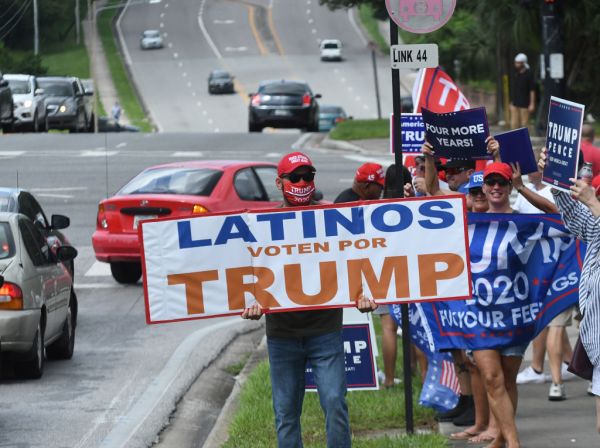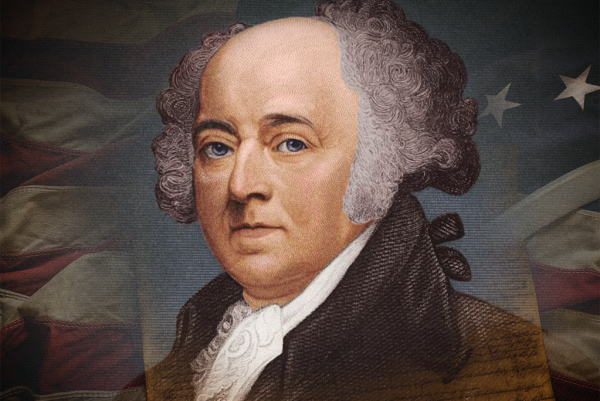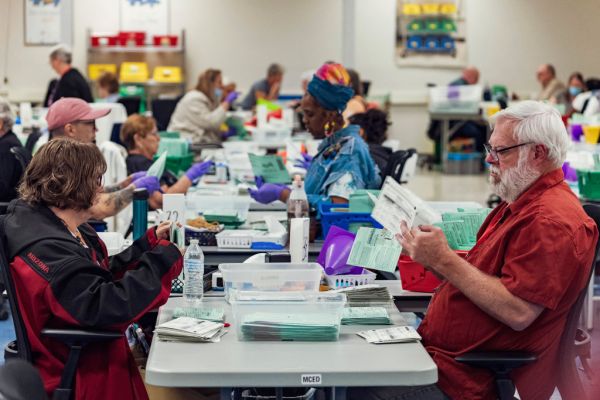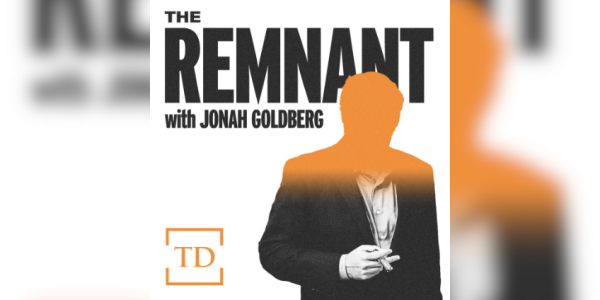It’s hard to have genuine conversations about equality and difference when some of the people we’ve metaphorically invited to the table lack enough food at their non-metaphorical tables. That’s one reason that some political theory encounters practical limits in its real-world applications.
Harvard professor Danielle Allen’s latest book, Justice by Means of Democracy, has little patience for abstractions that neglect real-world constraints. Allen argues instead for greater attention to the background conditions that make real disagreement possible, in part by critiquing and reframing the arguments in John Rawls’ seminal work of political philosophy, A Theory of Justice.
Allen posits “a fresh approach to a theory of justice” that reimagines political equality differently than Rawls and the economic paradigms that followed. Where Rawls focused principally on questions of distributive justice (i.e., the just way to allocate a society’s resources), Allen sets out a more comprehensive notion of political equality that pushes beyond economic redistribution and toward “conditions in which no one dominates anyone else”—what she calls “difference without domination.” This vision in turn requires not only negative liberties (which constrain governmental limits on our freedom) but also positive liberties (the political conditions that allow us to realize equal citizenship). Allen contends that Rawls and his followers “shortchanged political equality and democracy” by privileging the former. She instead envisions positive and negative liberties “as genuinely co-original and co-equal.”
Much of Allen’s argument and many of her policy prescriptions are persuasive. Her vision of ensuring that “all people have an experience of ownership, belonging, and equal footing in relation to our political institutions” is compelling. But her account of how to get there—in particular her description of human flourishing, her understanding of groups, and her treatment of associational rights—is less convincing.
First, Allen asserts that any democratic society must enable human flourishing. But she is less clear about what she means by the term. On her account, we do not get “our answers about how to flourish from on high or from sources external to human judgment or from any individual human being.” Rather, we examine our beliefs and experiences and “if new beliefs secure a better set of experiences for those impacted by the actions stemming from them, then those new beliefs are good.” But this pragmatic approach might leave open some of the very doors Allen wants to close in pursuit of political equality. For example, she warns against determining “happiness for another,” but also argues that “what makes us happy can be answered only through democratic means.” What happens when democratic means produce accounts of human flourishing that lead, as they do in our own time, to euthanizing cognitively impaired or clinically depressed citizens, or shoving the elderly into overcrowded and understaffed facilities? Or, in earlier eras, when democratic means deemed vulnerable populations not fully human? Allen’s pragmatic account of human flourishing seems just as likely to benefit the powerful than the vulnerable, particularly at the margins of society.
Second, the strongest bulwarks to oppressive majoritarian norms throughout history have been religious and ideological minority groups of various stripes who have insisted that the meaning of human flourishing is emphatically not left to our own individual devices. But Allen downplays the significance of these groups, contending that “power sharing” and “difference without domination” cannot be group-based. Instead of an arrangement in which “individual rights are constrained by group-based rights,” Allen wants to see one in which “power sharing flows from the protection of individual rights.” Again, this isn’t entirely clear. Even without getting hung up on metaphysical distinctions between group rights vs. individual rights, people exist in political societies through groups, suggesting functional power sharing will always be split among them, not among individuals.
Lastly, Allen downplays the importance of associational rights. She rightly observes that Robert Putnam’s famous book about withering social capital, Bowling Alone, neglects the legal context surrounding declining private group membership—from PTAs to Rotary clubs to churches—in the second half of the 20th century. As Allen notes, during this period, the American legal system in “the states, Congress, and the Supreme Court, rewrote the law of association,” with profound consequences (especially for gender exclusive membership organizations). But the story is more complicated than she suggests.
The Supreme Court first recognized a constitutional right to association in its 1958 decision NAACP v. Alabama. Twenty-six years later, in Roberts v. United States Jaycees, it split that right into subcategories of intimate association, expressive association, and—by implication, though not specifically acknowledged—non-intimate and non-expressive associations. (I trace these developments in some detail in my 2012 book, Liberty’s Refuge: The Forgotten Freedom of Assembly.) The court’s initial recognition and subsequent development of the right of association was significantly undertheorized and produced arbitrary and unstable lines around characteristics like expressiveness and intimacy.
The consequences of these developments shouldn’t be understated. In Roberts, the Supreme Court held that the Jaycees, an all-male civic organization, would no longer be permitted to exclude women from full membership. In a rare use of the passive voice, Allen suggests that organizations like the Jaycees eventually admitted women to full membership because their “historical cultures of interaction no longer aligned with the new principles of membership they had either chosen or been required to adopt” (emphasis added). In fact, the Jaycees ended their gender exclusivity because state actors relying on the force of law gave them the ultimatum of changing or being destroyed. That reality complicates Allen’s optimistic characterization of associational change. One need not like the Jaycees or what they stand for to recognize that their associational rights were obliterated under force of law.
Allen asserts that the associational rights of some may be in tension with the positive liberties of others and “likely to generate social differences that might easily come to be attached to patterns of domination.” This is true in at least some cases, most notably the associational rights claimed by white segregationists that were so widespread in the Jim Crow South as to effectively deny freedom of movement and other positive liberties for blacks. But outside the devastating context of Jim Crow, which Allen labels “perhaps one of the most profound examples of a failure at the level of associational life in a democracy,” these situations have been relatively rare in our country. It is not at all clear that the Jaycees in the 1980s fit this description.
It may be that the state should act to limit associational rights in the relatively rare instances when private groups attain economic or social monopolies that make it impossible for those excluded to realize positive liberties. But in most other circumstances, we can move closer to Allen’s normative aspirations of realizing “difference without domination” and “social connectedness” without sacrificing associational rights. To take one example, instead of weakening the rights of insular religious groups that require pooling of resources as a condition of membership, the state could subsidize the cost of exit from those groups by dissident members.
Justice By Means of Democracy makes a major contribution to a Rawlsian discourse often stuck in neglected premises and a lack of imagination. There’s much to appreciate about both the style and substance of Allen’s argument. But she may need to broaden the political appeal of her argument by making room for robust non-individualistic understandings of human flourishing, the groups that embody those understandings, and the constitutional protections on which those groups depend.








Please note that we at The Dispatch hold ourselves, our work, and our commenters to a higher standard than other places on the internet. We welcome comments that foster genuine debate or discussion—including comments critical of us or our work—but responses that include ad hominem attacks on fellow Dispatch members or are intended to stoke fear and anger may be moderated.
You are currently using a limited time guest pass and do not have access to commenting. Consider subscribing to join the conversation.
With your membership, you only have the ability to comment on The Morning Dispatch articles. Consider upgrading to join the conversation everywhere.